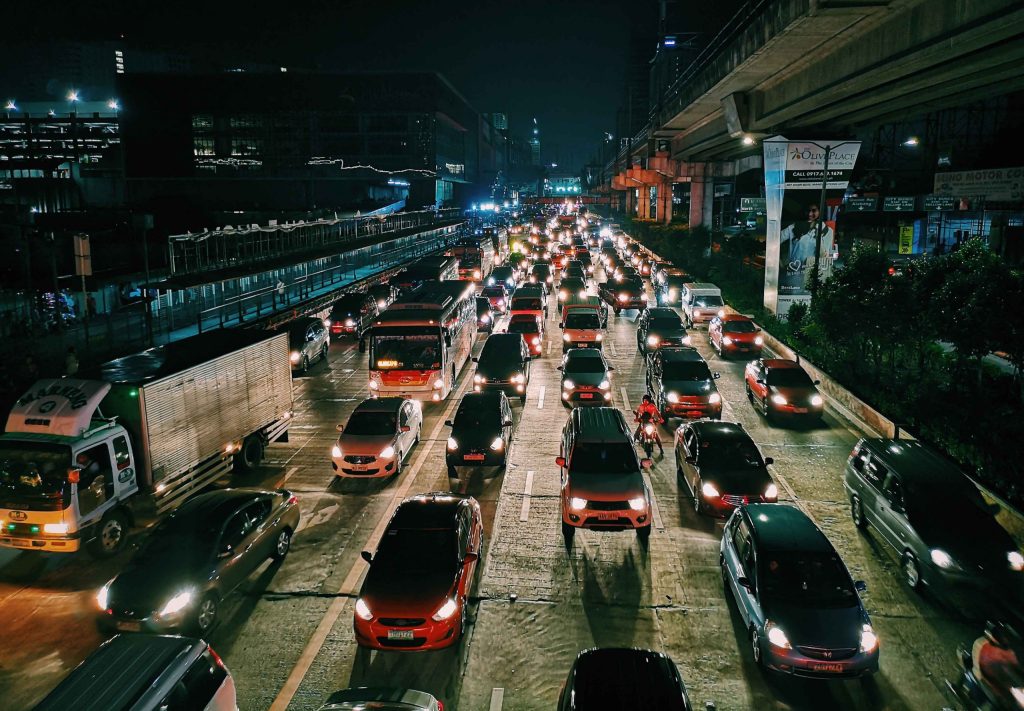Noise pollution is an often overlooked environmental issue that has far-reaching impacts on human health and well-being. Noise pollution is an invisible danger. It cannot be seen but is on land and under the sea. Noise pollution is any unwanted or disturbing sound that affects the health and well-being of humans and other organisms. Noise pollution impacts millions of people daily.
The most common health problem it causes is Noise Induced Hearing Loss (NIHL). Exposure to loud noise can also cause high blood pressure, heart disease, sleep disturbances, and stress. These health problems can affect all age groups, especially children. Many children who live near noisy airports or streets have been found to suffer from anxiety and other issues, such as impairments in memory, attention level, and reading skills.
Like many other urbanizing countries, the problem is becoming increasingly prevalent in Tanzania. Despite noise pollution being unlawful in Tanzania under regulations made under sections 147 and 148 of the Environmental Management Act (EMA) of 2004, the problem continues unabated, affecting millions of people, including the most vulnerable citizens. Although the National Environmental Management Council (NEMC) is doing its job in dealing with noise pollution, many noise polluters continue to ignore noise pollution laws. This article presents a case study on noise pollution in Tanzania, highlighting its causes, impacts, and potential solutions.
The Ubiquity of Noise
In Tanzania, noise is everywhere. From the bustling markets to the busy streets, the clamor of urban life is inescapable. The constant hum of traffic, the blaring horns, nightclubs, and the ceaseless chatter of people create a cacophony that is not just annoying but also detrimental to health. The World Health Organization recommends a maximum of 65 decibels daily and 55 at night. However, in many Tanzanian cities, noise levels often exceed these recommendations, reaching up to 70 decibels or more on main roads.
The health impacts of noise pollution are significant. Chronic exposure to high noise levels can lead to various health problems, including insomnia, high blood pressure, and cardiovascular disease. The constant noise exposure can also lead to stress and anxiety, further exacerbating health issues. Unfortunately, those most affected by noise pollution are often those who can least afford to escape it. Lower-income individuals are disproportionately affected and often live in areas with high noise levels.
Despite the challenges, innovative solutions are being developed to combat noise pollution. One such solution is the creation of noise barriers in residential areas. These barriers, often made of glass or other sound-absorbing materials, can significantly reduce the amount of noise that penetrates into homes. In addition to providing a quieter living environment, these barriers can create additional living space, providing a dual benefit.
Another promising solution is the development of noise-canceling technologies. These technologies produce a sound wave that is the opposite of the unwanted noise, effectively canceling it. This technology has been successfully used in construction sites to protect workers from harmful noise levels. However, most of Tanzania can not afford to use technology to combat noise pollution issues and thus rely on community efforts to make reliable and safe environments for living.
It is time to devise concrete mechanisms for noise pollution in Tanzania. Here are some measures that NEMC and other authorities may want to consider:
- Work with sub-village/street and village leaders to address the noise pollution problems. The NEMC must enable leaders at the grassroots level to gather information from the community about who is creating noise pollution and take action against them. Noise pollution cases should also be reported to the NEMC. If these leaders do not attend to citizen’s complaints, they must be answerable to relevant district authorities and NEMC.
- Engage motorbike youth groups and their formal and informal associations and raise their awareness about the health effects of their noise-making tendencies. Engage wise and respected elders to advise youth and bodaboda drivers about the need to follow the country’s rules and regulations and also the need to be responsible and caring citizens.
- Recruit community-based law enforcers who liaise with relevant authorities to observe and report noise polluters. In municipalities like Moshi, noise and environmental pollution are controlled mainly by citizens through community policing. We can learn from Moshi and adopt what works in our localities or modify it to fit our people and environment.
- Create specific provisions for the police to collect such fines as they do for traffic cases and ensure every police station – especially for urban centers. And authorities might rethink increasing the fines so that polluters would be cautious. When the financial penalty is high, polluters will be more attentive.
- Create a call center like that of TANESCO where people can directly report cases that are dealt with instantly. TANESCO’s call center has proved effective in the past few months. NEMC needs to write at least once a month how many cases of noise pollution have been reported, how many have been dealt with, how many old cases are reported again, and why.
- All new bars, nightclubs, and prayer houses must have complete, soundproof structures, sound meters, and other basic amenities before they are registered and allowed to operate. It cannot do business as usual because, with the growing population, the uncontrolled establishment will cause unnecessary tensions and conflicts among our relatively harmonious communities.
When it comes to noise pollution, we must stop being a nation of complainers and become a nation of doers and protect our right to life, the health and lives of vulnerable groups – babies, older adults, and people with chronic heart diseases, high blood pressure, and other ailments. Noise pollution is a severe issue that requires urgent attention.
While the problem is complex, innovative solutions can help reduce noise levels and protect public health. Investing in these solutions can create a quieter, healthier world for everyone.


Noise pollution from pubs and nightclubs is the main problem. There needs to be strictly enforced regulations stipulating what times they can play music and at what volume.